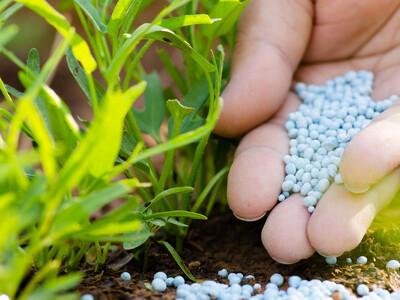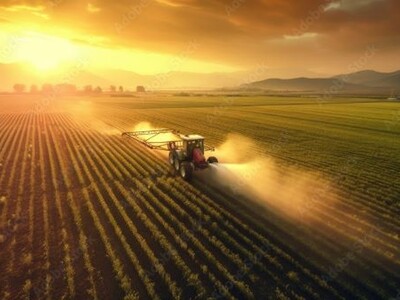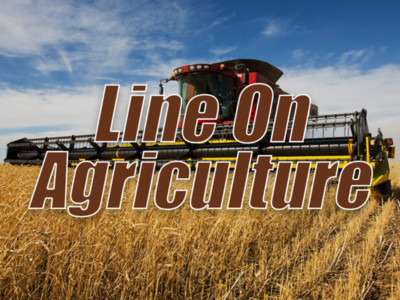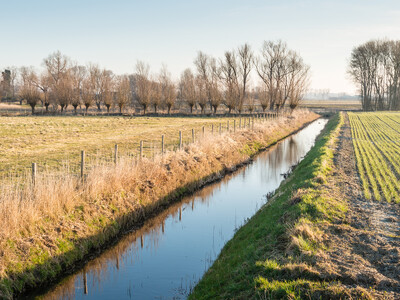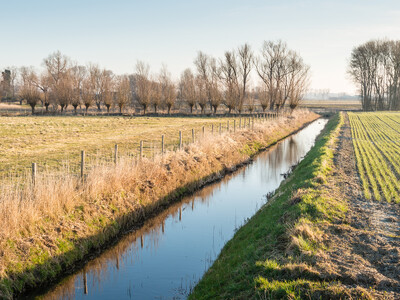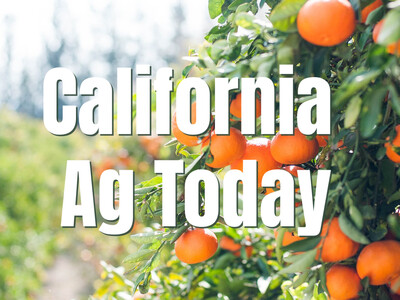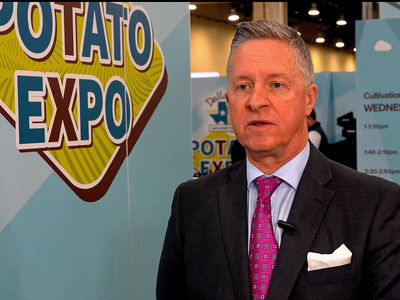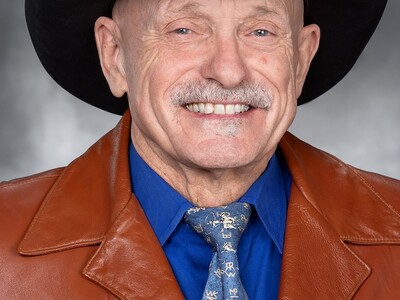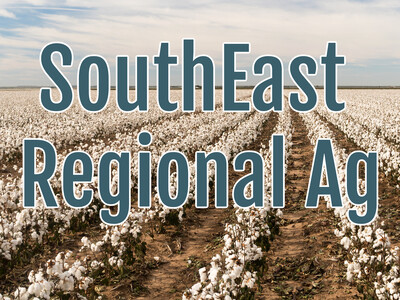Dealing With Fraud
Dealing with Fraud. I’m Greg Martin with today’s Line On Agriculture.
Farmers and ranchers spend a lot of time working to make ends meet and sometimes the last thing they need to do is be on the lookout for the fraudulent business practices of others.
RADKE: It’s always been a problem where there’s non-payment issues and people that are acting as dealers without a license and coming in and buying ag products and then not paying for them or writing bad checks and so then that’s when we get involved.
Bob Radke, Investigations Supervisor for the Washington Department of Agriculture says that right now the biggest complaints are being generated from the hay market.
RADKE: We certainly are there to protect the producers of the State of Washington and our goal is to have them get ahold of us and go on our website and check to make sure the folks they are dealing with are licensed and bonded and that’s the first step of protection. They can be the best grower in the world but you also have to be a super business man to make sure you are protecting your assets.
Radke says his team is always on the lookout for problems even before they become a problem.
RADKE: In the last several years, last 3 or 4 years I think we’ve recovered about $500-thousand for producers and that’s just on actual signed complaints and a good portion of what we do, my officers will go out, we work the road and contact unlicensed folks out there so we kind of nip the problem in the bud before it gets there, before it becomes a problem. But a lot of the times we’ll get cases or calls from growers and we’ll resolve it with a phone call - without being a formal complaint
Not all states have enforcement programs and that can cause it’s own set of problems for neighboring states.
RADKE: Some states don’t have a program like ours. As an example Oregon does not have an enforcement program and unfortunately what happens is - for us I guess it’s a good thing but we’ll contact some of the bad players and we put enough heat on them that they quit doing business in the state of Washington but they’ll move down south and hurt some of the growers down in Oregon so some of the other states are looking at implementing and investigation program like we have.
Once again Radke says that right now hay is the big issue in Eastern Washington so be wary and contact the WSDA if you feel uncertain about doing business with someone.
RADKE: Get a hold of us. Let’s take a look and let’s make sure that everything’s the way it’s supposed to be.
That’s today’s Line On Agriculture. I’m Greg Martin on the Ag Information Network.




